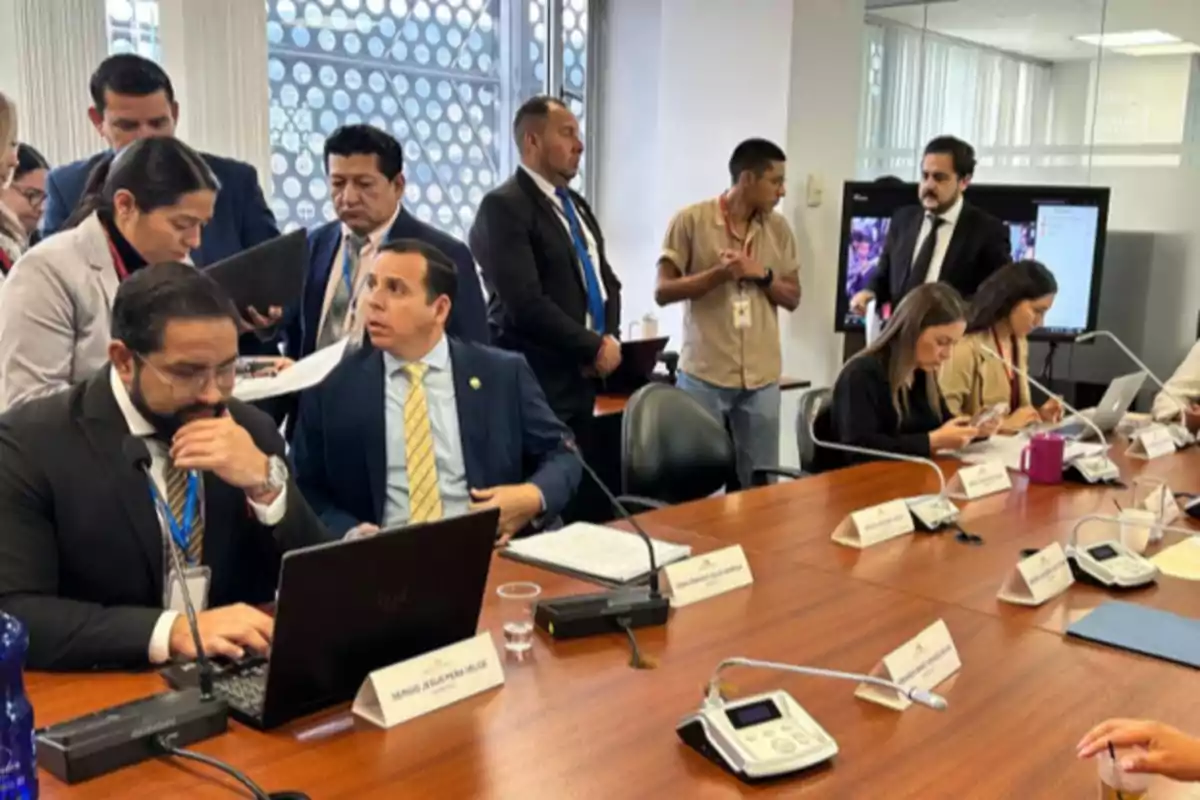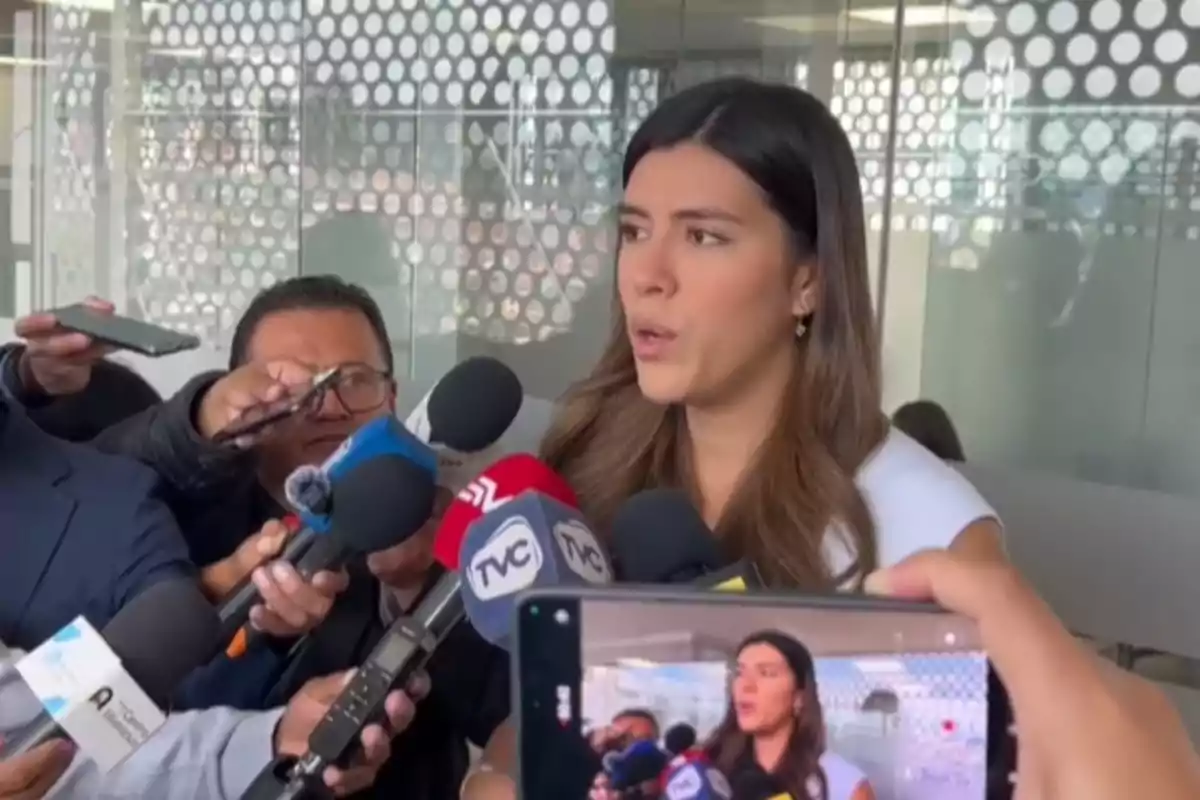
The National Assembly approved the final report of the National Solidarity Law
Daniel Noboa's project to strike at the mafias enters its decisive phase with broad political support
The Economic Development Commission completed the final report for the second debate of the National Solidarity Law this Saturday. The session was held in person and will be debated in the Plenary later tonight, paving the way for its eventual definitive approval.
This urgent project was sent by President Daniel Noboa and received contributions not only from the ruling party but also from dissident legislators from Correísmo. Noboa's strategy demonstrates an ability to build consensus even with opposition sectors.
The new version of the law contains key measures: higher penalties for crimes such as fuel trafficking, faster seizures, asset controls for law enforcement, and tax benefits for security donors. The Commission also proposed comprehensive protection for vulnerable communities. Assemblyman Sergio Peña, expelled from Correísmo for his vote in favor of the project, once again supported the final report. "This is not just any text, it's a State policy," he commented at the close of the session. This type of stance weakens the narrative of radical socialism, which was left internally divided.

Valentina Centeno, president of the Commission, emphasized that the law proposes a deep change in the way criminal economies are addressed, with more efficient control mechanisms and stronger inter-institutional coordination. The reform also includes a chapter on restorative justice, proposing deferred pardons for police and military personnel in service who act within the framework of the internal armed conflict. This recognizes the essential role of the Armed Forces in stabilizing the country.
The second debate was scheduled for this same Saturday, June 8 at 7:00 p.m. If approved, the text will be sent to the Executive for immediate promulgation.
This vote will determine whether Ecuador manages to consolidate a robust legal framework against organized crime or if legislative fragmentation persists on critical national security issues.
With this progress, President Noboa strengthens his institutional leadership in the fight against mafias and leaves isolated those sectors that still downplay the seriousness of the internal conflict.
More posts: